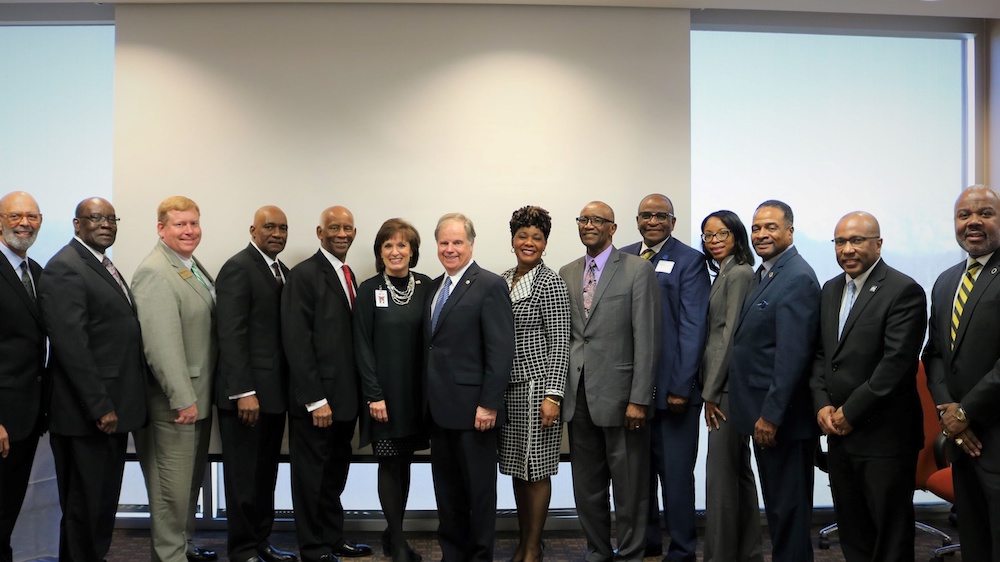If you’re interested in sharing your opinion on any cultural, political or personal topic, create an account here and check out our how-to post to learn more.
____
Alabama is proud to be home to 14 Historically Black Colleges and Universities (HBCUs) – more than any other state in the country. They enrich our communities in so many ways.
HBCUs and MSIs serve nearly six million students across the United States. They are often the foundation on which families begin to build generational wealth in communities that have long faced systemic barriers to doing so. They create and sustain good jobs. And they are part of the very foundation of our higher education system in this country, and in my home state of Alabama in particular.
So when I first learned that $255 million in annual federal funding for these schools was about to expire, I got to work last year to write legislation that would permanently renew and increase that funding. That bill quickly earned the support of one-fourth of the Senate, though all were Democrats.
This year, in the new session of Congress, we took a different approach to ensure bipartisan support. We introduced a new bill with Republican Senator Tim Scott (S.C.) to extend the funding for two years, and buy more time to negotiate our ultimate goal: permanent funding.
Despite this bipartisan effort, Senate leaders allowed the funding to expire on September 30th with no agreement for future funding. I fought week after week to get a vote, but it was repeatedly blocked. It took more than two months, but we ultimately secured an even better deal – a bipartisan agreement with Chairman Lamar Alexander (R-Tenn.) and Ranking Member Patty Murray (D-Wash.), leaders of the Senate’s education committee, to permanently fund HBCUs and other minority-serving institutions and also take an important first step to simplify the Free Application for Federal Student Aid (FAFSA).
By providing guaranteed, consistent federal funding, our HBCUs and MSIs will now have the financial stability to plan for the future for generations of students to come. The FAFSA reform will also help many students who attend HBCUs by making it easier to access grants, scholarships and loans. Today, the length and complexity of the FAFSA form can be a major barrier for students who want to go to college. So many students and their families don’t even complete the form, effectively leaving money on the table.
By investing in our HBCUs and their students, we invest in an entire generation of Americans and, in turn, our collective future. HBCU graduates are our next generation of leaders – engineers and health care professionals, teachers and researchers, artists, entrepreneurs, and elected officials.
The fact that our bill is now law gives me hope. Because at its core, this agreement is about opening doors of opportunity for young people who have the talent and motivation to succeed in college, but may not necessarily have the financial means or family connections.
This effort has always been about making sure we empower every young person in this country to reach their full potential – and then pay it forward to future generations. It also demonstrates that when both sides are willing to build bridges and work together, we can actually get things done for the people we all serve.
____
Senator Doug Jones is an attorney, former prosecutor and politician serving as the junior United States Senator from Alabama since 2018. (via Wikipedia)
